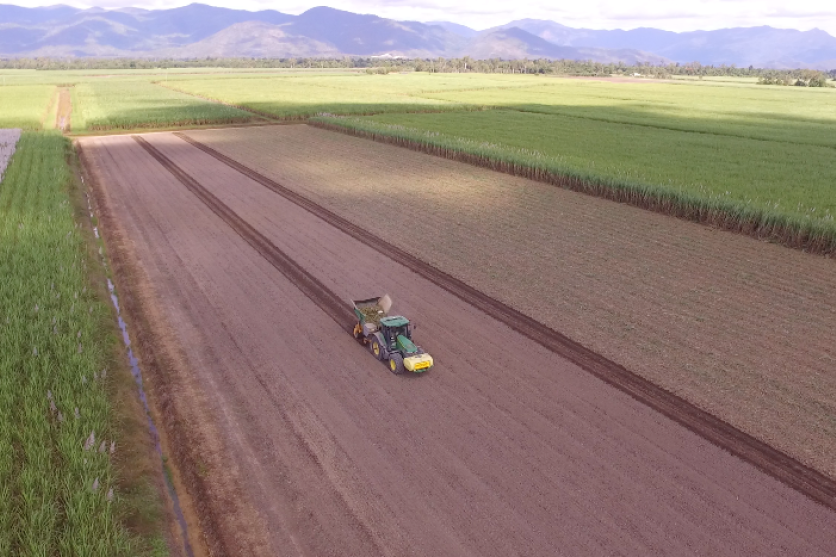Community & Business
19 June, 2021
Farmers use credits to protect the reef
SWEET Cane has become the second farming business in Queensland to start selling Reef Credits, securing an additional source of income and protecting the Great Barrier Reef.

SWEET Cane has become the second farming business in Queensland to start selling Reef Credits, securing an additional source of income and protecting the Great Barrier Reef.
Sweet Cane is a joint venture between the New South Wales based McAlary and Anderson families who have owned and operated sugarcane farms south of Tully for the past 15 years.
The farms, located at Euramo and Murrigal, cover an area of more than 650 hectares, with 580 hectares of that land used to grow sugarcane.
In order to create Reef Credits a farmer needs to undertake certain land management activities on their property to reduce the amount of nitrogen and sediment pollution flowing to the Reef.
Reef Credits are measurable, audited water quality outcomes that can be sold to government, corporate or philanthropic buyers who want to support the future of Queensland agriculture and the Reef.
Sweet Cane Director Peter Anderson said the joint venture had earned Reef Credits by reviewing its nutrient application rates with a view to reducing them where they may be surplus to crop requirements, without compromising productivity.
“Participating in the Reef Credits Scheme has sharpened our focus on only applying nutrients that are required or used by the crop,” Mr Anderson said.
“This includes adequately accounting for the benefit of a legume fallow crop and mill mud/ash applications, so fertiliser is not over applied.
“If less fertiliser can be used without impacting productivity, that means lower costs and high profitability.”
Mr Anderson said he heard about Reef Credits due to word-of-mouth.
“Our neighbours, who we work collaboratively with on a number of fronts, introduced us to the program as they were the first farmers to be issued Reef Credits,” he said.
“We felt this could be a win/ win situation for us financially and for the long-term health of the Reef.
“Once we sell our Reef Credits, we hope the additional income stream will enable us to continue to invest in industry leading technology and equipment to drive improved outcomes for our people, the farms themselves and our surrounding environment.”



